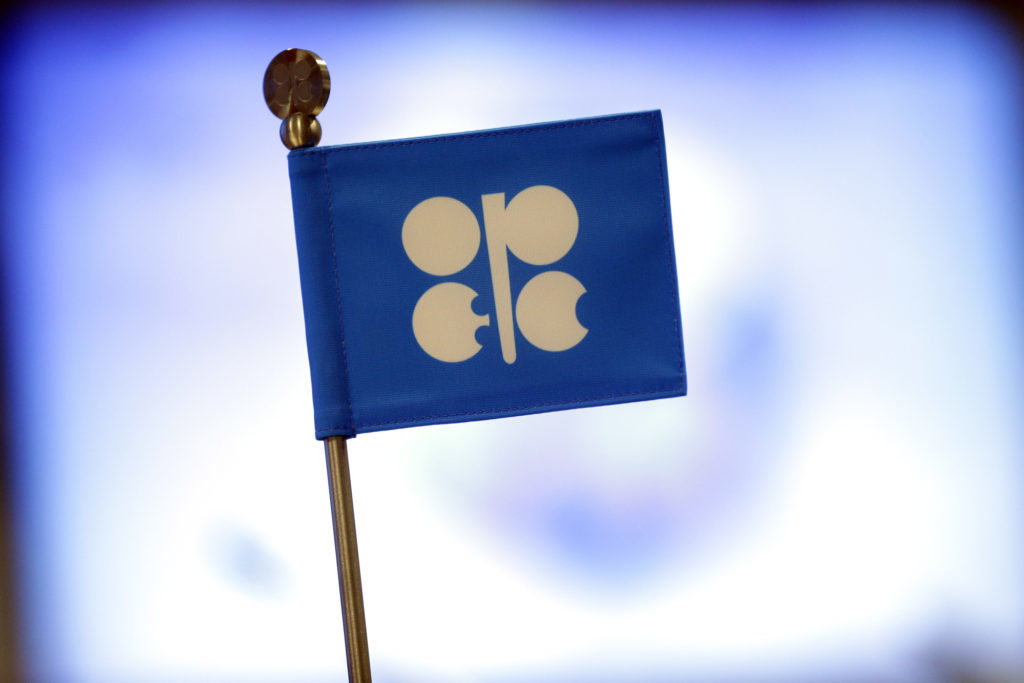
Oil steadied in Asian trading after rallying to the highest level since 2014 following a decision by OPEC+ to maintain its planned gradual increase of supply, despite the market facing an energy crunch.
Futures in New York traded near $78 a barrel after surging 2.3% on Monday as the alliance stuck with a 400,000 barrel-a-day boost for November. Some market watchers were expecting the group, led by Saudi Arabia and Russia, to increase production by more than planned due to a spike in natural gas prices that’s led to greater demand for crude and oil products ahead of winter.
Crude markets have tightened as economies rebounded from the pandemic, and modeling from OPEC is predicting a supply deficit over the next two months. Goldman Sachs Group Inc. sees an extra 650,000 barrels a day of demand later this year as utilities wrestling with high natural gas prices switch to oil, while Saudi Aramco said the gas crisis was already boosting crude consumption.
“Prices are likely to remain supported in the final quarter, with gas-to-oil switching and pricey coal adding to oil consumption,” said Will Sungchil Yun, senior commodities analyst at VI Investment Corp.
Prices
-West Texas Intermediate for November delivery rose 0.2% to $77.76 a barrel on the New York Mercantile Exchange at 6:10 a.m. in London.
-Brent for December settlement gained 0.3% at $81.51 on the ICE Futures Europe exchange after rising 2.5% on Monday to close at the highest level since October 2018.
The prompt timespread for Brent was 79 cents a barrel in backwardation — a bullish market structure where near-dated contracts are more expensive than later-dated ones. That compares with 74 cents a week earlier.
The OPEC+ decision “will allow us to continue normalize the market situation,” Russian Deputy Prime Minister Alexander Novak said during a speech at the meeting, part of which was broadcast by Rossiya 24 state TV channel. Ministers will meet again to discuss production policy on Nov. 4.
“I think for OPEC, they’re probably just saying, ‘look, this is not our crisis, there’s not much we can do to solve it,’” Richard Gorry, managing director at industry consultant JBC Asia Pte, said in a Bloomberg Television interview. “Extra barrels maybe add a little bit of downward pressure on prices but they’re not going to solve the energy crisis by giving more oil.”